Associating culture with humans is a mistake. Studying bees has shown us that culture is more widespread than we thought, flowing through humans and nonhuman animals. While culture may be a lot simpler than we thought, the power culture has given humans is one that could be bestowed on A.I. systems, with possibly apocalyptic consequences, writes philosopher Grant Ramsey.
You visit the Guggenheim Museum Bilbao and are captivated by its form: the shape reminiscent of an ocean vessel but with whimsical curves like windblown fabric, its surface an expanse of shimmering scales like a well-polished armadillo. You marvel at the massive puppy guarding its entrance, its overbearing size and cuteness an embodied contradiction. Inside, you navigate Serra’s vertiginous torqued spirals, you wander wide-eyed through the galleries, imbibing the abstract, the avant-garde, the innovative. This is culture. You drink it in, savor it.
 SUGGESTED READING
Nature didn't make us human, culture did
By Victor Kumar
SUGGESTED READING
Nature didn't make us human, culture did
By Victor Kumar
What, then, should we make of scientists’ claims of discovering culture beyond the human? In a recent study, researchers purport to have demonstrated culture not in apes or even vertebrates, but in bumblebees. Can insects—or even A.I.—exhibit culture? I believe the answer is yes, and that this expansive way of understanding culture allows us to see culture’s immense power. It’s a power that made us the extraordinary species that we are, but it carries with it real dangers when it comes to A.I. systems. But before we get to the bots, we need to talk about the bees.
We often think of insects as little robots with a fixed set of behaviors. But it turns out that their behavior is more flexible, more improvisational, than we might expect. In the bumblebee study, the scientists made a puzzle that allowed the bees to drink nectar after solving it. There were two solutions to the puzzle: pushing a blue tab counterclockwise or a red tab clockwise. They found that if they trained a bee on the blue solution, then that solution would spread to other bees, resulting in a blue-solution culture. Similarly with the red solution. If two bees were trained, one on each solution, then it was up to chance which one came to dominate.
Bumblebees are far from the only creatures beyond humans with claims to culture. The tree of life, scientists assert, is dappled with cultural species, including whales, birds, rats, and fish. How can we make sense of this? To answer this question, we need to consider what we mean by culture in humans.
___
Associating culture only with long-lived traditions is overly restrictive. Culture is nimbler.
___
When we think of human culture, cultural centers or cultural events often come to mind. The Guggenheim is a cultural center par excellence and the opening of a new exhibition there is a cultural affair. But such happenings and institutions are clearly not what scientists are looking for when they seek to identify culture in animals. There are no branches of the Guggenheim among honeybees and humpbacks. Culture in animals requires no institutions, has no dress codes.
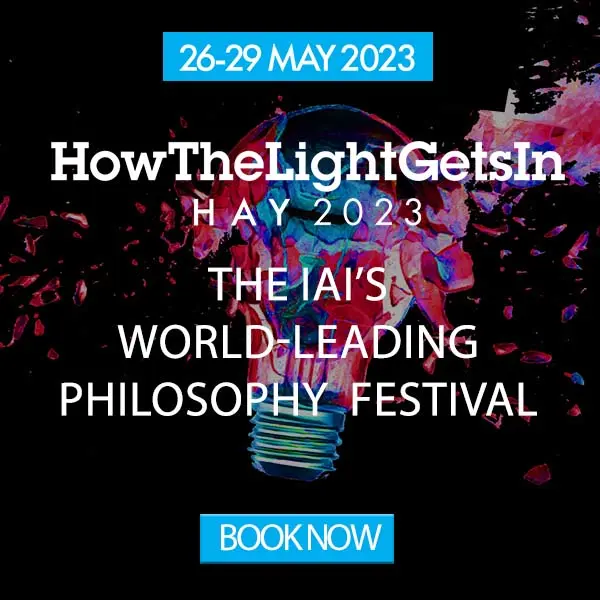 Another way we often think of human culture is in terms of longstanding traditions, of cultural heritage. A traditional dance is one practiced for generations. A traditional recipe is one passed down for years or decades. Such traditions are often region-specific—think Chicago or New York pizza.
Another way we often think of human culture is in terms of longstanding traditions, of cultural heritage. A traditional dance is one practiced for generations. A traditional recipe is one passed down for years or decades. Such traditions are often region-specific—think Chicago or New York pizza.







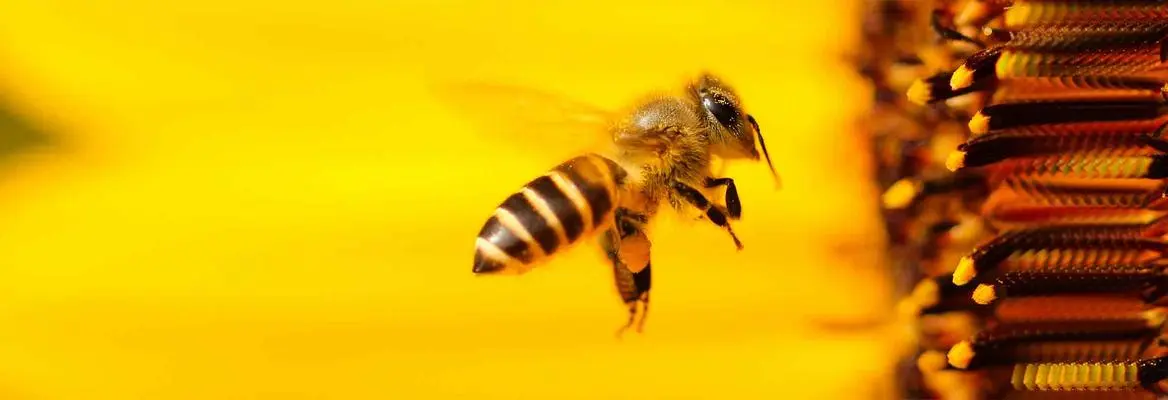



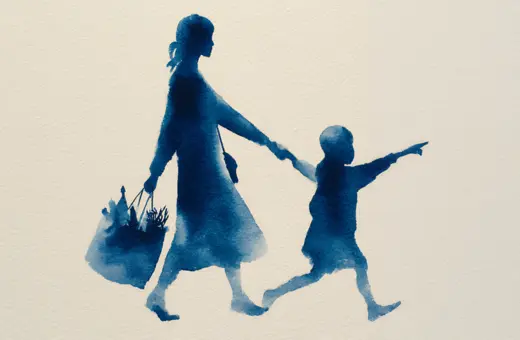
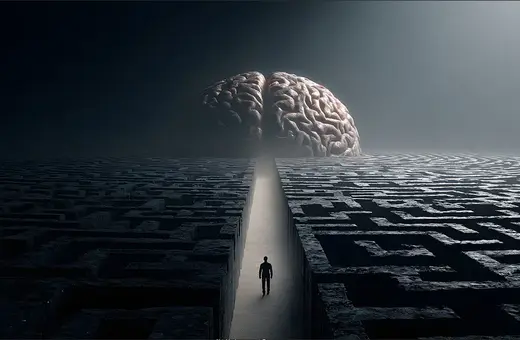
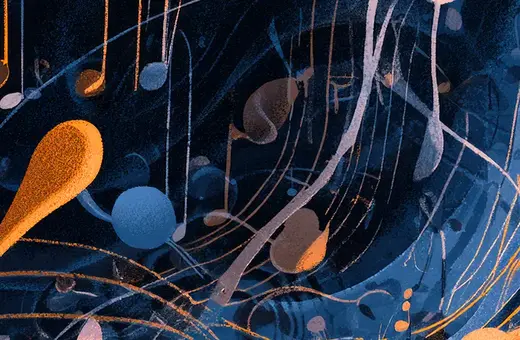
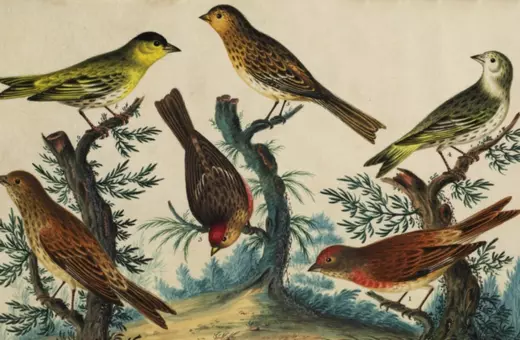
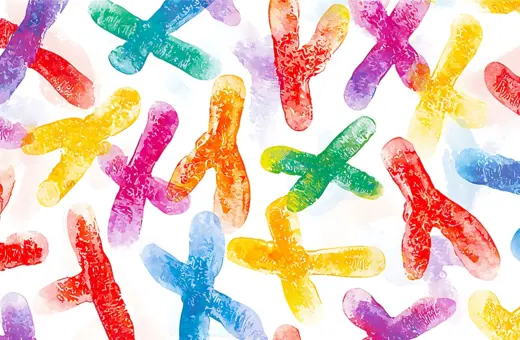
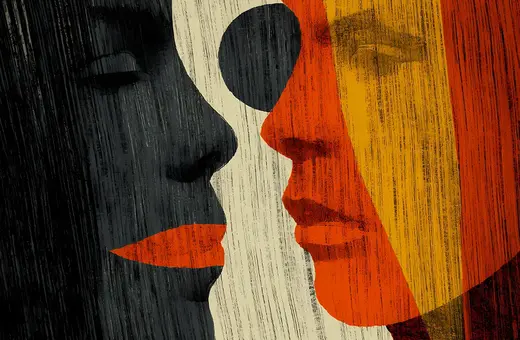





Join the conversation